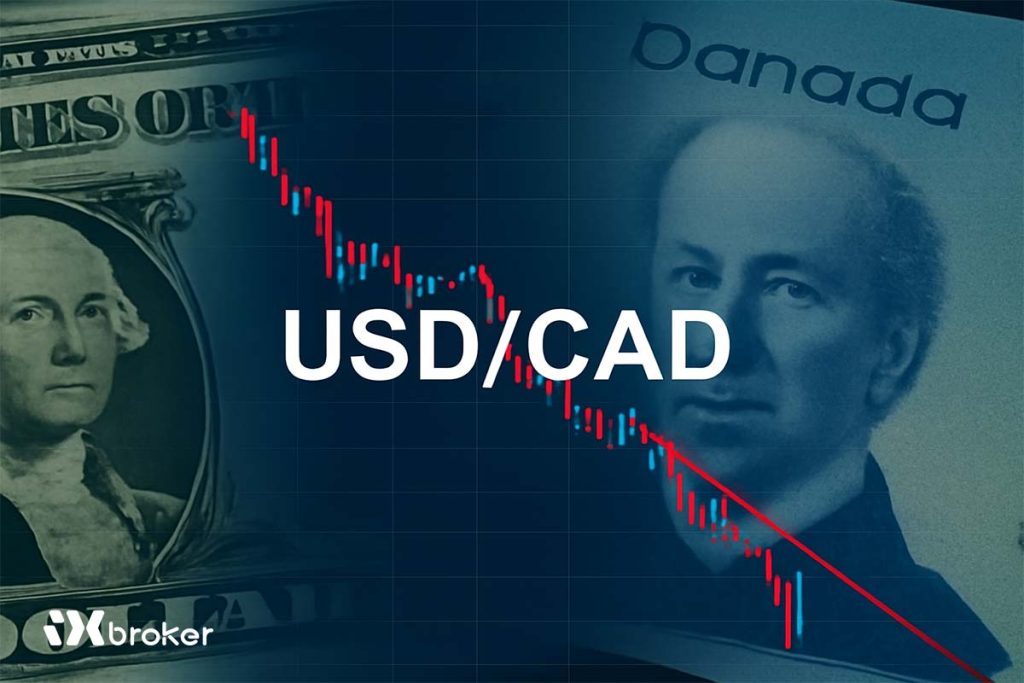Japan’s government warns in its June report that U.S. trade tariffs increase pressure on the economy and corporate profits, emphasizing the need to monitor their effects closely.
Japan’s government, in its monthly economic report, issued a warning about the risks posed by the 24% U.S. import tariffs and stressed the importance of closely monitoring their potential impact on corporate profitability. This comes amid a contraction in Japan’s economic growth in the first quarter of 2025 and rising uncertainties caused by shifts in U.S. trade policies.
Japanese Government’s Concerns over U.S. Tariffs
In its latest economic report released on Wednesday, Japan’s government reiterated its concerns about the 24% U.S. import tariffs set to take effect in July. These tariffs could exert significant pressure on Japanese companies, and the government emphasized the need for careful scrutiny of their potential impact on corporate earnings.
Meanwhile, Japan is actively seeking an exemption for its automakers from a separate 25% import tariff on vehicles imposed by the U.S., underscoring the critical nature of ongoing trade negotiations between the two nations.
Japan’s Economic Performance in Q1 2025
Official data shows that Japan’s Gross Domestic Product (GDP) shrank by 0.2% year-on-year in the first quarter of 2025. This downturn had already begun prior to the announcement of reciprocal tariffs by then U.S. President Donald Trump in early April.
This decline highlights the challenges Japan faces in sustaining steady economic growth amid external pressures and global volatility.
Uncertainties Arising from U.S. Trade Policies
The Cabinet Office of Japan stated in the June report, “The economy is recovering moderately; however, uncertainties stemming from U.S. trade policies continue to cloud the economic outlook.”
This statement reflects deep concerns regarding the possible consequences of tariffs on Japanese businesses and consumers, which may become more evident in the coming months.
Impact of Rising Prices on Household Consumption
Beyond tariff concerns, the report also pointed to the persistent rise in prices as a factor potentially dampening consumer sentiment and spending. This issue is flagged as a significant downside risk to Japan’s economy.
Rising costs, particularly for essential goods and energy, have placed additional financial strain on households, which could slow down overall economic growth.
Corporate Profits and Forecast Uncertainties
The June report also noted that corporate profits showed signs of recovery in the first quarter. However, many firms have refrained from issuing financial forecasts due to uncertainties surrounding the new U.S. tariffs.
A Cabinet Office official explained, “The true impact of tariffs on earnings may only become visible in the data for the second quarter or later.” This has led analysts to closely monitor future economic trends in Japan.
Export Trends and the Need for Close Monitoring
Although no significant impact on Japan’s export volumes from U.S. tariffs has been observed so far, economic authorities have stressed the importance of vigilant monitoring of trade patterns following May.
This highlights that the full effects of tariff policies may emerge with a delay in economic data, increasing sensitivity among markets and policymakers to upcoming changes.
Wage Trends and Spring Negotiations
Another key point in the report is the average wage increase of over 5% during the spring pay negotiations, marking a notable rise compared to last year. However, smaller firms lag behind larger companies in implementing these wage hikes.
These figures, based on data from Japan’s national labor federation Rengo, suggest improvements in the labor market, although challenges remain regarding income equality.
Prime Minister’s Election Pledge and Income Outlook
Earlier this week, Prime Minister Shigeru Ishiba announced that his ruling party will pledge in next month’s upper house elections to raise Japan’s average income by more than 50% by 2040.
This ambitious economic plan reflects the government’s efforts to stimulate growth and improve living standards, though realizing this goal will require careful management of domestic and external economic factors.
Conclusion
Japan’s June economic report presents a realistic picture of the current economic situation by highlighting concerns over U.S. tariffs and their potential consequences. Amid ongoing tariff disputes and global uncertainties, Japan must closely monitor developments and adjust its policies to safeguard economic growth and market stability.



